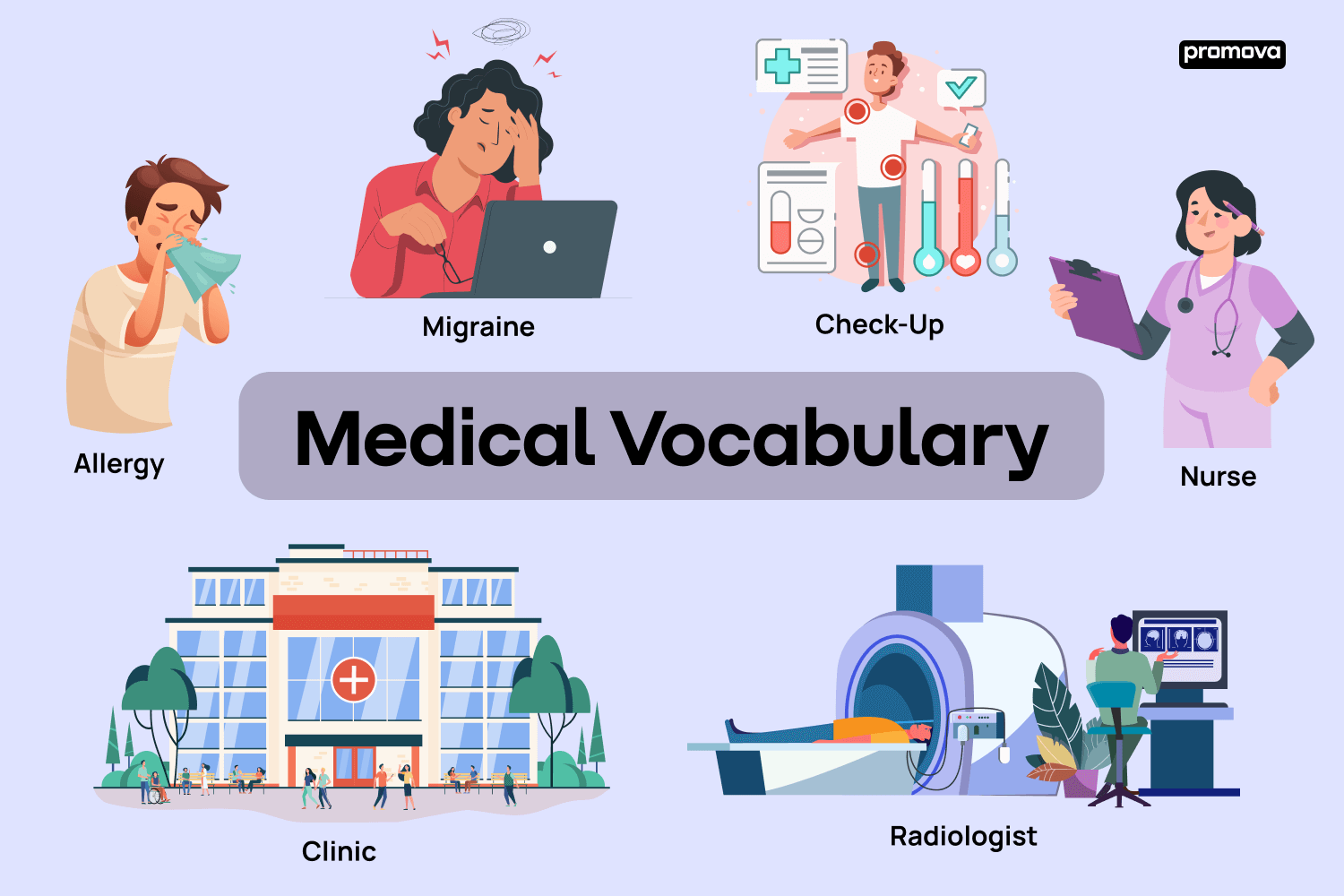Medical vocabulary is essential for healthcare professionals to effectively communicate with patients and colleagues. Understanding medical terms can help improve patient care and ensure accurate documentation of medical records. Here are some examples of common medical vocabulary that healthcare professionals encounter in their daily practice.
1. Hypertension: High blood pressure is a common condition that can lead to serious health complications if left untreated. Healthcare providers often monitor and manage hypertension to reduce the risk of heart disease, stroke, and kidney damage.
2. Dyspnea: Shortness of breath is a symptom that can indicate various medical conditions, such as asthma, pneumonia, or heart failure. Assessing the severity of dyspnea is crucial for determining the appropriate treatment plan for patients.
3. Hemoglobin: This protein in red blood cells carries oxygen from the lungs to the rest of the body. Abnormal hemoglobin levels can indicate anemia or other blood disorders that may require further evaluation and treatment.
4. Diabetes: A chronic condition that affects how the body metabolizes sugar, leading to high blood sugar levels. Healthcare providers work with patients to manage diabetes through medication, diet, and lifestyle modifications to prevent complications like nerve damage and cardiovascular disease.
5. Antibiotics: Medications used to treat bacterial infections by killing or inhibiting the growth of bacteria. Prescribing antibiotics requires careful consideration to avoid antibiotic resistance and adverse effects on patients’ health.
Medical vocabulary encompasses a wide range of terms that healthcare professionals use to communicate effectively and provide quality care to patients. By familiarizing themselves with these medical terms, healthcare providers can enhance their clinical skills and improve patient outcomes.
In conclusion, understanding medical vocabulary is crucial for healthcare professionals to deliver safe and effective care to patients. By mastering common medical terms, healthcare providers can communicate more accurately with colleagues, document patient information more clearly, and make informed clinical decisions. Continuous learning and updates on medical terminology are essential for healthcare professionals to stay current with advancements in medical practice and provide the best possible care to their patients.
